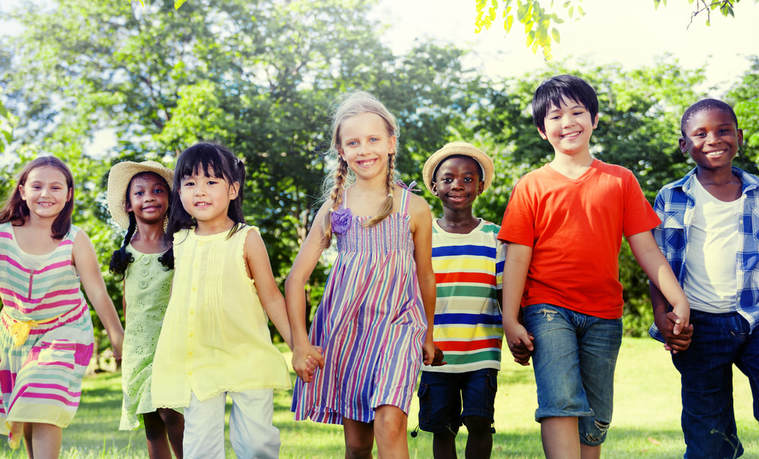|
Awareness
Children have the right to live in societies where policy-makers ensure that they are fully informed about the evidence supporting healthy human learning and development and take action to protect children’s rights and freedoms based on this awareness. Health and Wellbeing National and local decision and policy-makers have the duty to seek to provide environments that maximise children’s physical, mental, emotional and spiritual wellbeing. In doing so they should recognise the vital importance of relationships, the primary importance of parents, families and local communities and the intrinsic human need for belonging and contribution. Learning and Development Children have the right to be protected from any system that might inhibit their innate curiosity, creativity and love of learning. National and local decision and policy-makers have the duty to seek to provide environments that maximise children’s innate capacities and learning potential. They should do so in ways that affirm to every child the value and importance of diversity and that nurture positive and self-affirming values, dispositions and mindsets. Adult Wellbeing Adult wellbeing is essential for child wellbeing. Adults have the right to expect the cultural and social systems within which they live to acknowledge this and to respond in ways that seek to support their own learning and self development. Children need the company of loving, responsive and attentive adults and have the right to be protected from any relationships that are uninformed or harmful to their health and wellbeing. Pre-Birth Every child has the right to expect to be protected from anything that might be detrimental to his or her healthy growth pre-birth. Local and national decision and policy-makers have a duty to ensure that parents are fully informed about the issues that might negatively impact on the development of their babies. Birth Children have the right to be welcomed into the world in as gentle, loving and caring ways as possible with mothers and babies having the right to be protected from all care that might compromise their healthy, natural perinatal and birth experiences. Engagement & encouragement Children have the right to be in the company of informed and encouraging adults who help to enhance the ways in which they can relate to and understand the world. Local and national decision and policy-makers have a duty to ensure that external systems of monitoring, assessment and accountability never compromise or undermine children’s natural curiosity and love of learning. Physical Activity Children have the right to be provided with environments that enable them to develop all of their senses and physical capacities. Body Image Children have a right to be protected from negative media and commercial influences that might undermine their self-worth. Play Children have the right be provided with the time and space to explore their environments in unstructured ways that nurture their creativity, independence, self-confidence, self-expression, co-operation and emotional resilience. Risk-Taking Children have the right to learn from challenge, to experience failure as learning and to become confident and adventurous explorers of the environment. Safety concerns therefore need to therefore be balanced with the child’s need to experiment and grow. Wonder and awe Children have the right to maintain a deep connection with the natural world that helps them feel part of something greater than themselves and that fosters compassion and empathy. The need to learn with and from nature and not just about it. Stewardship Children have the right to be protected from systems that endanger their own future. They need to learn about plants, animals and ecosystems so that they understand the importance of balance and sustainability and can grow up as stewards of the environment. |
